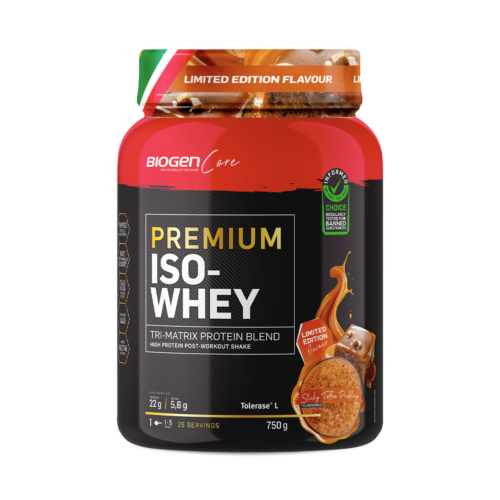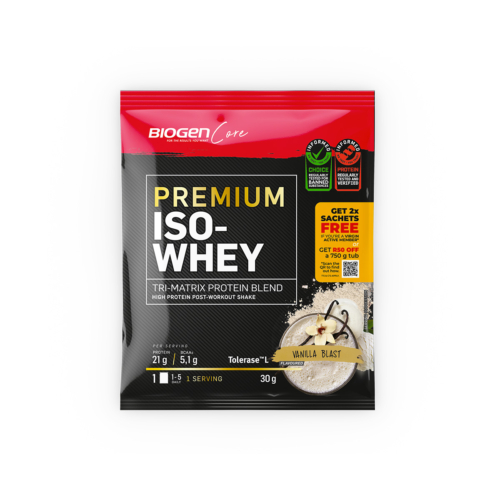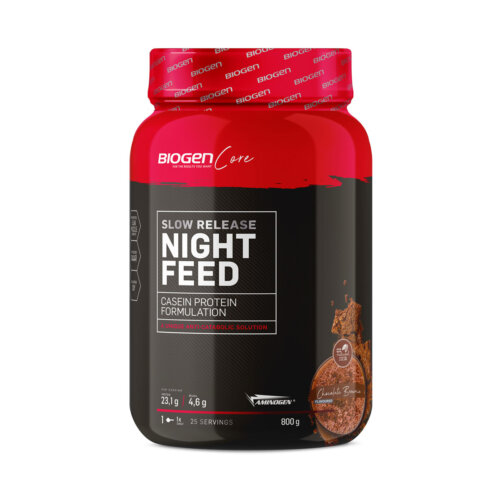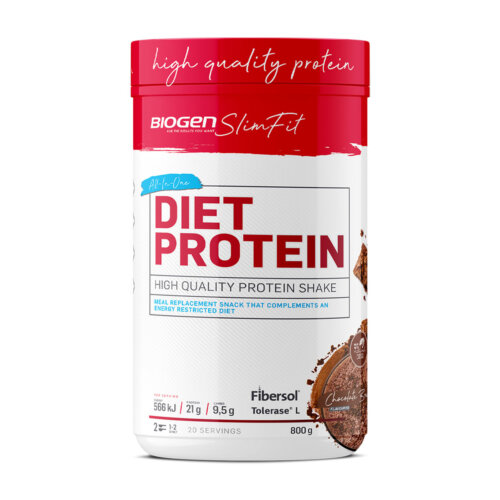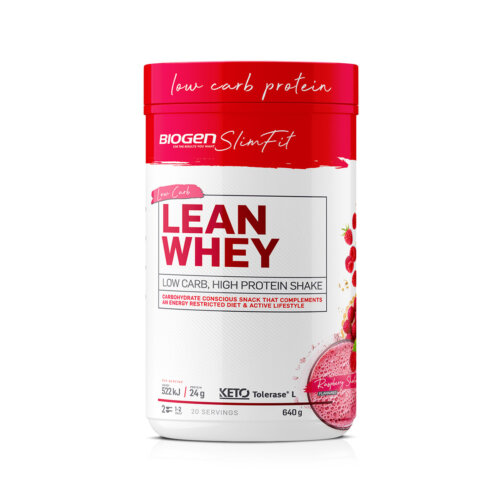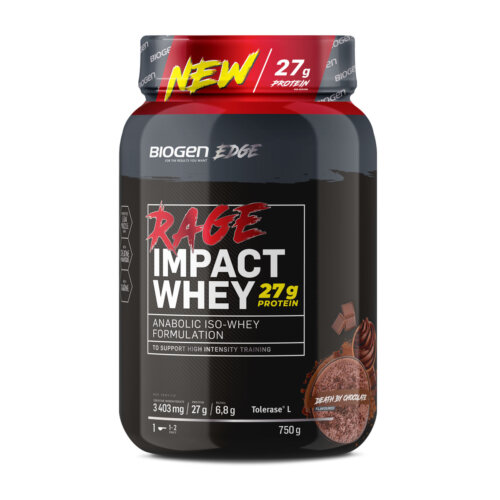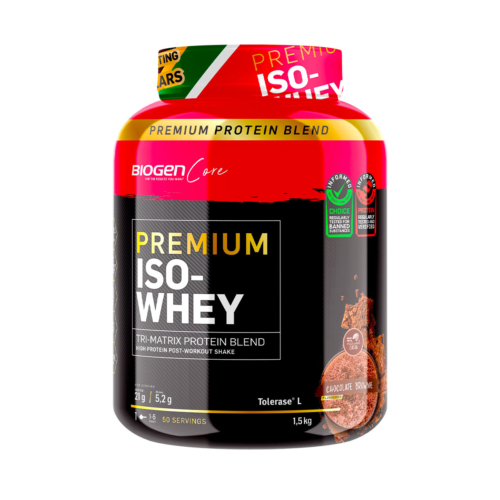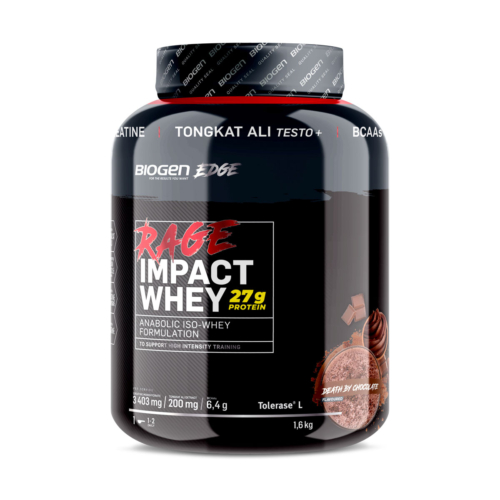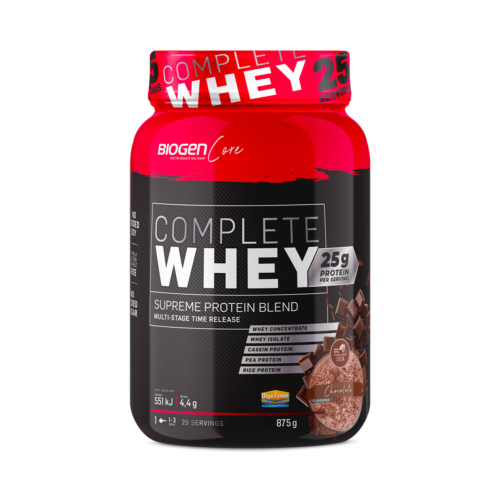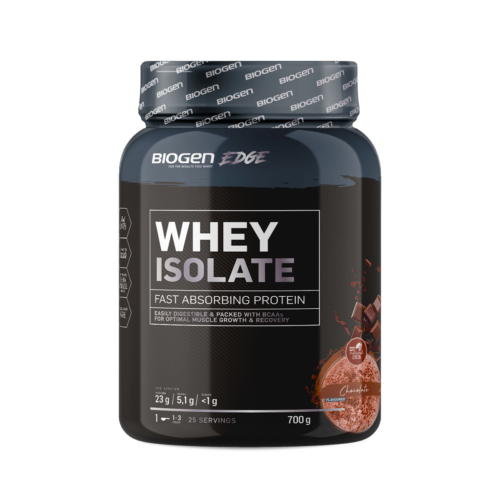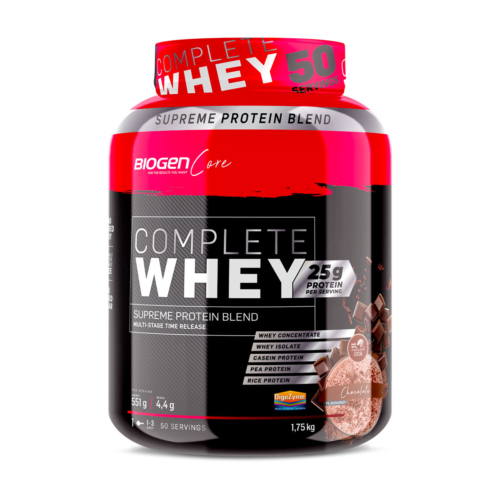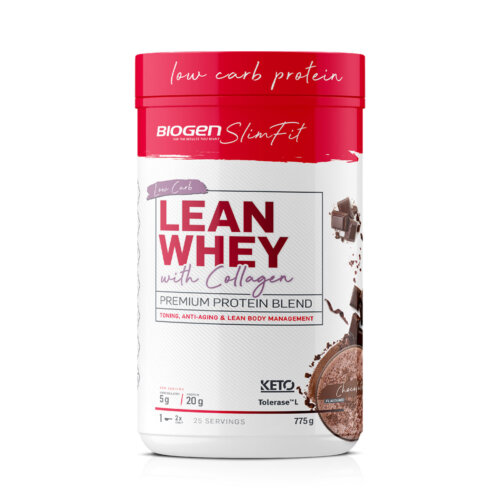
Protein timing is a popular dietary strategy among gym-goers and athletes who want to optimise the adaptive response they get from weight training to increase strength and build muscle.
The idea that timing is everything when it comes to consuming protein focuses on a few key times during the day, particularly around workouts, when eating or drinking protein can maximise recovery and muscle growth.
Timing your daily protein intake makes sense as it falls into the broader nutrient timing principle, which is based on the biology and physiology of the human body.
Throughout the day, your body goes through phases of tissue building (known as anabolism) and tissue breakdown (known as catabolism), which creates opportunities to support growth and limit muscle loss with the right dietary approach.
Three nutrient timing phases
Nutrient timing theory was popularised by respected scientists Dr John Ivy and Dr Robert Portman, who authored the book Nutrient Timing: The Future of Sports Nutrition in the early 2000s.
In the book, Ivy and Portman outline three critical times during the day when nutrient timing is critically important.
- The energy phase: Occurs during the workout when energy demands are highest. These demands are met by ingested and/or stored nutrients.
- The anabolic phase: Occurs immediately after a workout and lasts for up to two hours.
- The growth phase: The 18-20 hours after an exercise session, including sleep, when muscle repair and growth occur.
Important periods for protein
When it comes to protein timing, the most important phases are the anabolic and growth phases.
The post-workout phase is generally known as the anabolic window because muscle cells are most receptive to nutrients from carbs and protein during this time due to heightened insulin sensitivity and the resultant increase in a cell’s ability to absorb any glucose and amino acids circulating in the bloodstream.
This is why it is important to consume some highly bioavailable protein and fast-digesting carbohydrates soon after a training session for muscle cells to restock glycogen and absorb amino acids to support growth, repair and recovery.
The most bioavailable protein source is whey protein isolate, found in products like Biogen Premium Iso-Whey, which makes it ideal for use directly after exercise to derive the most benefit.
The aim during the growth phase is to prolong and promote additional anabolism through your diet by continuing to supply recovering muscles with sufficient protein.
During this phase, a blended protein supplement like Biogen Complete Whey provides a timed-release formulation with a superior amino acid profile to optimise nitrogen retention.
With its combination of high biological value, fast release (whey and milk) and proteins that are more slowly digested (casein and plant proteins), these products ensure muscles receive a more sustained supply of amino acids.
The other vital period to support muscle growth and repair during the growth phase is during sleep. Taken primarily before bed, casein protein, found in products like Biogen Slow Release Night Feed, helps promote optimum muscle recovery and growth.
Not just about timing
Consuming sufficient protein during these phases, either from a supplement or a meal, meets two important requirements:
- Arresting the breakdown of muscle tissue that occurs following exercise for fuel.
- Shifting the body into an anabolic state to kickstart and sustain the muscle-building process that repairs damaged muscle fibres and creates new ones.
While consuming protein during these times during the day is an important consideration to maximise your results, your total daily protein intake is the most critical factor.
A landmark meta-analysis¹ conducted by respected strength training researcher Brad Schoenfeld affirms that protein timing is less critical to muscular adaptations, with findings indicating that “consuming adequate protein in combination with resistance exercise is the key factor for maximizing muscle protein accretion”.
As such, consuming protein at every meal with additional support from supplemental protein at important times during the anabolic and growth phases is the ideal approach to meet your daily recommended intake, which varies between 1.6-2.2g per kilogram per day based on individualised requirements.
References:
- Schoenfeld BJ, Aragon AA, Krieger JW. The effect of protein timing on muscle strength and hypertrophy: a meta-analysis. J Int Soc Sports Nutr. 2013 Dec 3;10(1):53. doi: 10.1186/1550-2783-10-53. PMID: 24299050; PMCID: PMC3879660.


